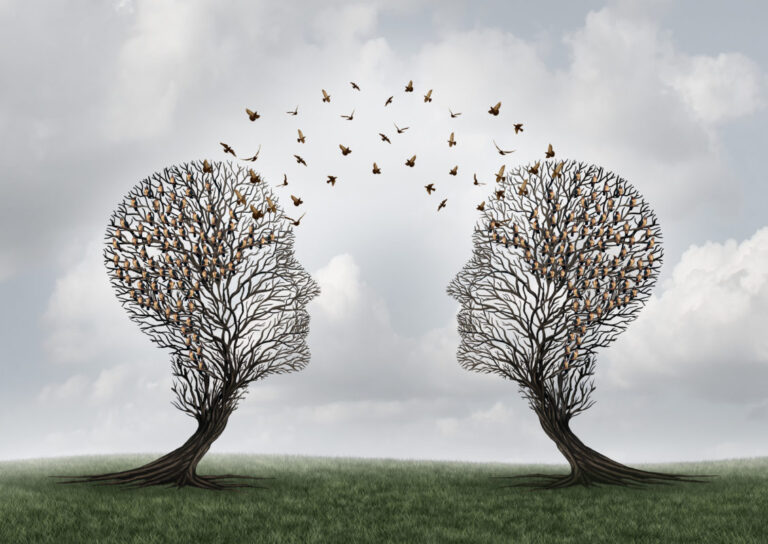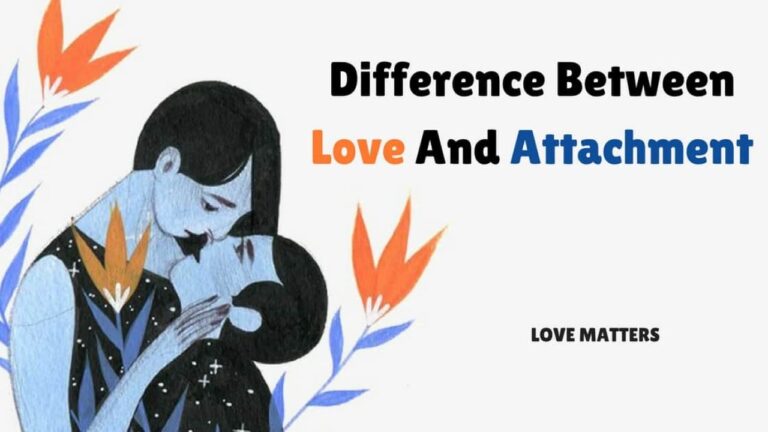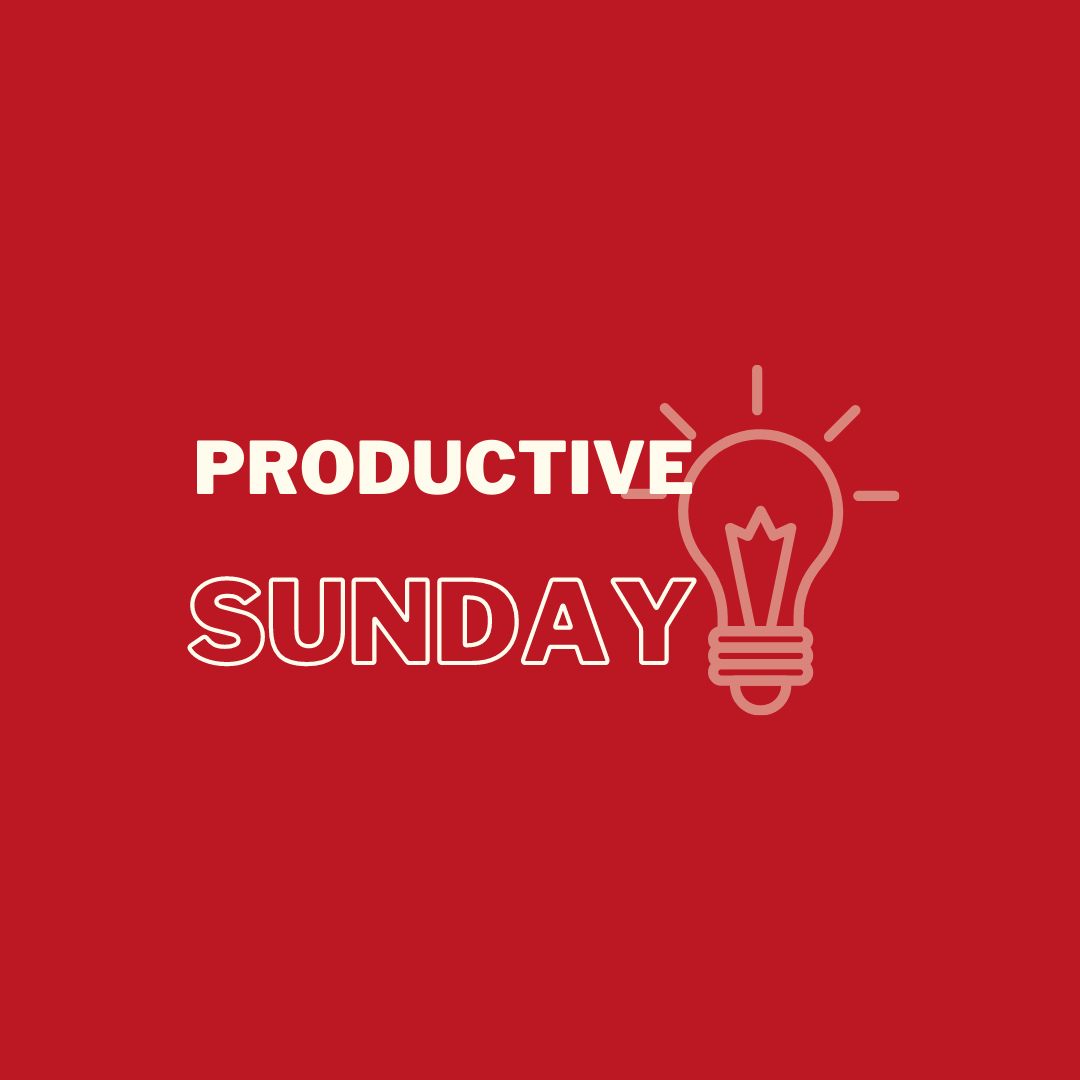In a world full of distractions, focusing on interpersonal relationships can seem daunting. Here’s how to focus on relationships and create unbreakable bonds. Continue reading to learn more!
Here’s How To Focus On Relationships In A Distracted World
The cognitive psychologist Daniel Willingham notes, “One of the most stubborn, persistent [aspects] of the mind is that when you do two things at once, you don’t do either one as well as when you do them one at a time.” It is for this reason that multitasking has been found to be a poor use of time.
To Multitask Is To Do No Task Well
In fact, research has uncovered that attempting to do two tasks at once takes longer than performing them one at a time, burns more cognitive energy, and hence wears down the brain more—which causes more stress and produces more mistakes.
Perhaps for this reason, a study conducted by the late Stanford communication professor Clifford Nass and his colleagues found that adult media multitaskers exposed to multiple streams of electronic information simultaneously do not remember facts or solve problems very well.
Why? They become unable to prevent irrelevant information from surfacing in their minds. In other words, they become so highly distracted that they cannot concentrate effectively on what’s most important, leading “to the surprising result that heavy media multitaskers performed worse on a test of task-switching ability.”
Not As Popular As You Think
A civil engineer from Colombo, Sri Lanka, who came to one of my conferences, Chamath was surprised that the pace of communication slowed down once he started checking his phone only twice per day.
“I’m not as in demand as I thought I was,” Chamath shared. “I realize how little people care if I take ten to twelve hours to get back to them.”
The Online Entry Point (OEP; it refers to the only times you go online each day) model is humbling. Before you use it, you think you’re so sought after, with so many people texting and emailing you. Once you try this model, however, you quickly realize that so few people actually call you.
We’re not as important as we think we are. It’s really sobering—a wake-up call to our true popularity.
Just A Few True Friends
A study of Facebook found that although the average person has about 150 “friends,” they only actually communicate in a given month with a few; many Facebook users only communicate with one or two.
Henry, a software engineer who attended one of my leadership conferences in Washington, DC, shares: “Since I started checking text messages only twice per day, I’ve discovered that most of those messages were from my wife. She would send me these quick messages such as ‘Hey, can we meet you at three at the park with the kids?’ ‘Can you pick up the kids at eleven?’ or ‘I was thinking of buying this coffee table on Amazon. What do you think?’
“When I told her about my new twice-daily text regimen, she said, ‘Okay. Well, I guess I’ll just call you instead of sending you text messages.’ That’s already reduced my text traffic by about sixty percent.”
Since most of us communicate regularly with only a few people, we can just tell them about our new Digital Limiting Strategy.
If you are having lunch with a friend or colleague, you can say, “Oh, by the way, I don’t receive notifications on my phone and only check text messages about once per day, so if you need to reach me urgently, please just call me.” (The advantage of saying you only check once per day is that it removes any expectation of a response that day, as you may have already checked before they send their message.)
The more you tell others about your limited text-checking protocol, the less you will need to check for text messages before a meeting or social engagement because they’ll know you’ve relinquished the electronic leash.
Managing A Tool
In the end, our phones, laptops, and tablets are only tools. If we use them in the right ways, they can add a lot of value to our lives. If we do the opposite, they remove value from how we experience life.
Our digital devices are like fire, a hammer, or a car—tools that can produce either positive or negative consequences for us depending on how we use them.
This article series has been about how to reduce Internet-accelerated addictions. (As I write in my new book Screened In: The Art of Living Free in the Digital Age, it’s important to note that our addictions are not to the Internet—they are to the same things we have always been addicted to, such as porn, drugs, and shopping, that the Internet accelerates our access to at a low social cost.)
There is hope: thanks to social activism, many addictions have been reduced over time. The percentage of Americans who smoke, for example, has dropped to 13.7 percent in 2018, only a third of what it was half a century ago.
A similar pattern has emerged with alcohol. According to UCLA’s Higher Education Research Institute, the number of college freshman who claim abstinence from beer has also changed dramatically—from 25 percent in 1981 to 41 percent in 2007.
Give this strategy a try. Limit the number of times you go online daily (your Online Entry Points, or OEPs) and you will be pleasantly surprised at how your life begins to feel more meaningful, directed, and, ultimately, free.
Reduce your digital intake, avoid distractions and establish more meaningful relationships. Let us know what you think!
Written by: Anthony Silard Ph.D.
Originally appeared on: Psychology Today
Republished with permission





